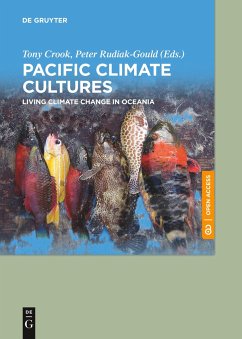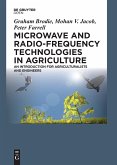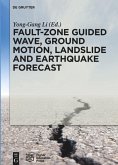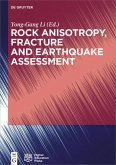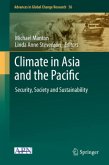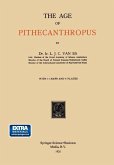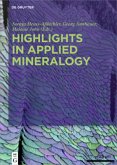Low-lying Pacific island nations are experiencing the frontline of sea-level rises and climate change and are responding creatively and making-sense in their own vernacular terms. Pacific Climate Cultures aims to bring Oceanic philosophies to the frontline of social science theorization. It explores the home-grown ways that 'climate change' becomes absorbed into the combined effects of globalization and into a living nexus of relations amongst human and non-humans, spirits and elements. Contributors to this edited volume explore diverse examples of living climate change-from floods and cyclones, through song and navigation, to new forms of art, community initiatives and cultural appropriations-and demonstrate their international relevance in understanding climate change. A Prelude by His Highness Tui Atua Efi and Afterword by Anne Salmond frame an Introduction by Tony Crook & Peter Rudiak-Gould and nine chapters by contributors including John Connell, Elfriede Hermann & Wolfgang Kempf and Cecilie Rubow.
Endorsement from Professor Margaret Jolly, Australian National University:
This exciting volume offers innovative insights on climate cultures across Oceania. It critically interrogates Western environmental sciences which fail to fully appreciate Oceanic knowledges and practices. It reveals how climate science can be both 'a weapon of the weak' and 'an act of symbolic violence of the powerful'. A compelling series of studies in the Cook islands, Fiji, Kiribati, Papua New Guinea and Samoa suggest not diverse cultural constructions of 'natural facts' but processes of knowledge exchange and at best a respectful reciprocity in confronting present challenges and disturbing future scenarios. 'Home-grown' Pacific discourses and ways of living emphasise the interconnections of all life on earth and in our cosmos; they do not differentiate between the natural and the moral, between environmental and cultural transformations.These studies evoke the creative agency of Oceanic peoples, too often seen as on the vanguard of victimhood in global representations of climate change, and offer distinctive visions for all humanity in these troubling times.
Endorsement from Professor Margaret Jolly, Australian National University:
This exciting volume offers innovative insights on climate cultures across Oceania. It critically interrogates Western environmental sciences which fail to fully appreciate Oceanic knowledges and practices. It reveals how climate science can be both 'a weapon of the weak' and 'an act of symbolic violence of the powerful'. A compelling series of studies in the Cook islands, Fiji, Kiribati, Papua New Guinea and Samoa suggest not diverse cultural constructions of 'natural facts' but processes of knowledge exchange and at best a respectful reciprocity in confronting present challenges and disturbing future scenarios. 'Home-grown' Pacific discourses and ways of living emphasise the interconnections of all life on earth and in our cosmos; they do not differentiate between the natural and the moral, between environmental and cultural transformations.These studies evoke the creative agency of Oceanic peoples, too often seen as on the vanguard of victimhood in global representations of climate change, and offer distinctive visions for all humanity in these troubling times.

